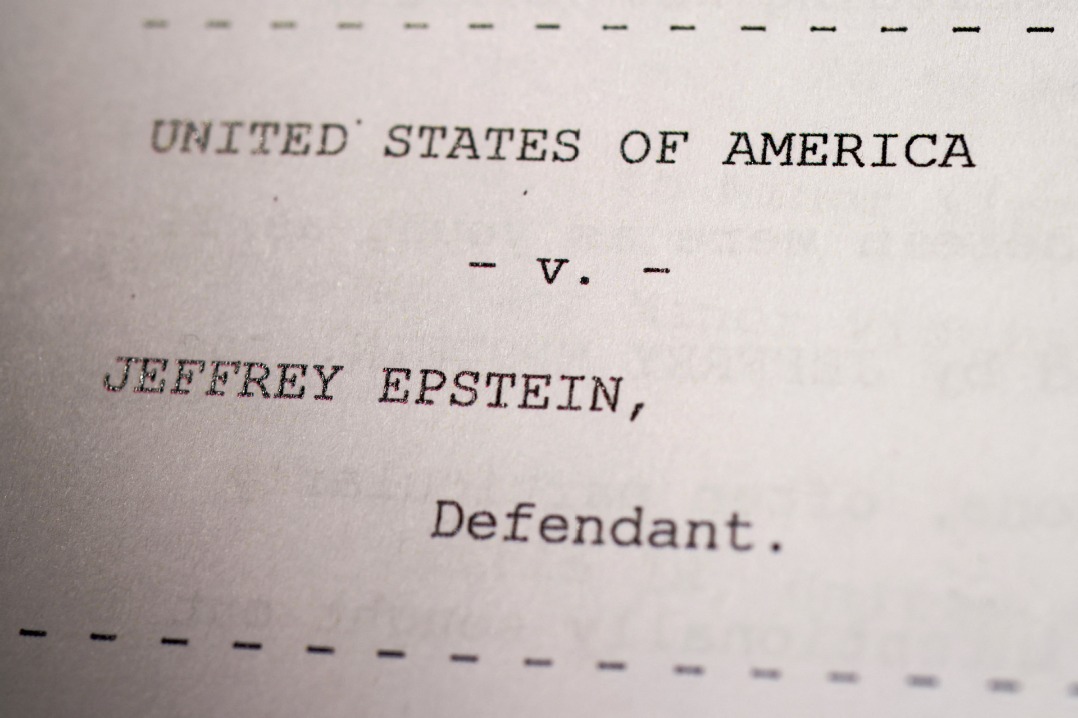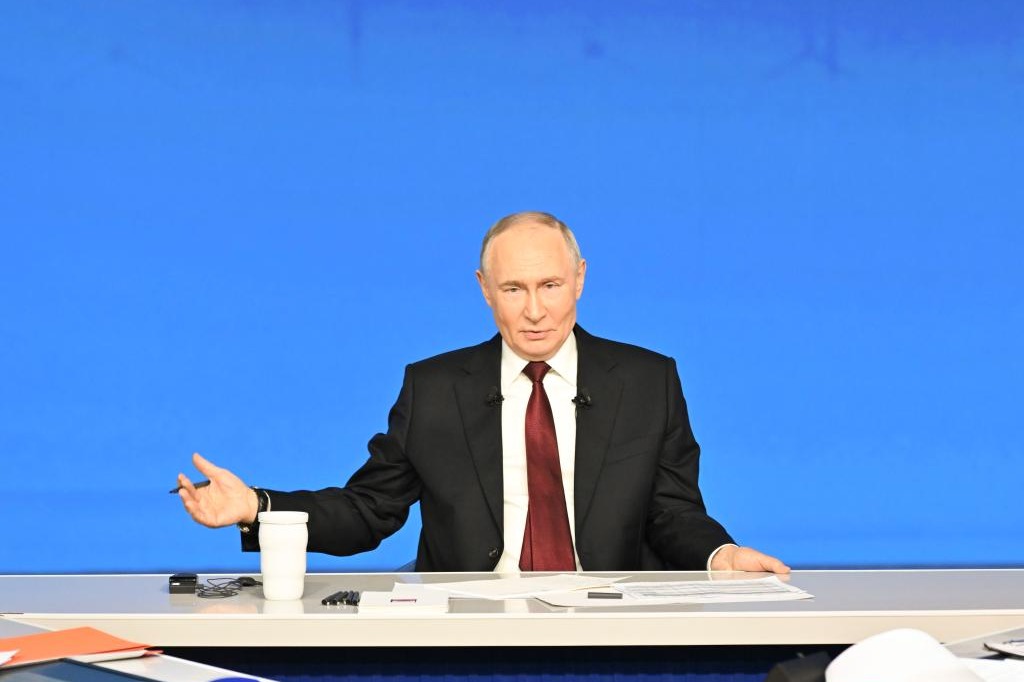Strikes sum up bleak economic midwinter


More walkouts likely as public service row goes on amid high inflation in UK
Observers of British politics and society will notice that its media loves nothing more than a comparison.
Any extreme winter weather is always compared to the legendary cold of 1963, and similarly, excessive summer heat, like last year's, is measured against the 1976 heatwave.
Public rallies are always spoken of in comparison to the crowds drawn by protests against wars in Iraq and Afghanistan two decades ago, and industrial action is measured against the so-called Winter of Discontent in 1978-79, where coordinated trade union action across the public sector saw piles of uncollected litter and dead bodies left unburied, ultimately leading to the collapse of the Labour government, and ushering in Margaret Thatcher's Conservative revolution.
More than four decades later, the trade union movement may not be comparable in strength, but individual public service walkouts that have taken place in the winter of 2022-23 combined into one on Wednesday, with the biggest day of strike action witnessed in decades.
The cost of living crisis, particularly soaring energy bills, coming off the back of the strain of the pandemic, the economic impact of Brexit and, before that, years of austerity after the global financial crisis have pushed workers to the limit.
The final straw seems to have been this week's passing of the Strikes (Minimum Service Levels) Bill in Parliament, introducing limitations on the power to take strike action, which the Trade Unions Congress said had been "steamrollered" through without proper scrutiny.
Together, these factors have produced a perfect storm of anger that resulted in train crews, civil servants and teachers walking out, with train services halted and schools shut.
Up to half a million people went on strike on Wednesday.
Months of negotiations
Pay deals announced last summer for the year 2022-23, affecting half of the public sector, averaged close to 5 percent, which is well short of inflation which peaked recently at 11.1 percent, and months of negotiations have failed to make any progress.
Earlier this week, addressing health service workers who are also involved in a pay dispute, Prime Minister Rishi Sunak said: "Nothing would give me more pleasure than to wave a magic wand and have all of you paid lots more."
But with the government under pressure to bring inflation under control, he said spending must be reined in. "I've got to get a grip of that for all of you, it's the most important thing. If we don't do that we won't be able to afford anything in the future," he said.
Education Secretary Gillian Keegan has reinforced Sunak's stance, telling the BBC the government "cannot give inflation-busting pay rises," and calling teachers striking "deeply disappointing".
But the unions seem to be equally resolute in their position, suggesting that the situation is unlikely to change soon.
With more industrial action by teachers planned, Mary Bousted, joint general secretary of the National Education Union, said: "This is a government that does not understand the role of unions. It does not understand that at the end of the day they will have to negotiate."
Simon Weller, assistant general secretary of train drivers' union Aslef, gave a similarly gloomy outlook to the Guardian newspaper.
"Unfortunately things have gone backward by some measure," he said, explaining that the actions of the train operators' body the Rail Delivery Group had "broken all the confidence we had with the negotiating process".
This winter has also seen strike action by postal workers, and firefighters have voted to take industrial action for the first time in 20 years.
With no sign of an imminent thaw, the winter of 2022-23 could soon become the new standard to which future industrial disputes will be compared.

































